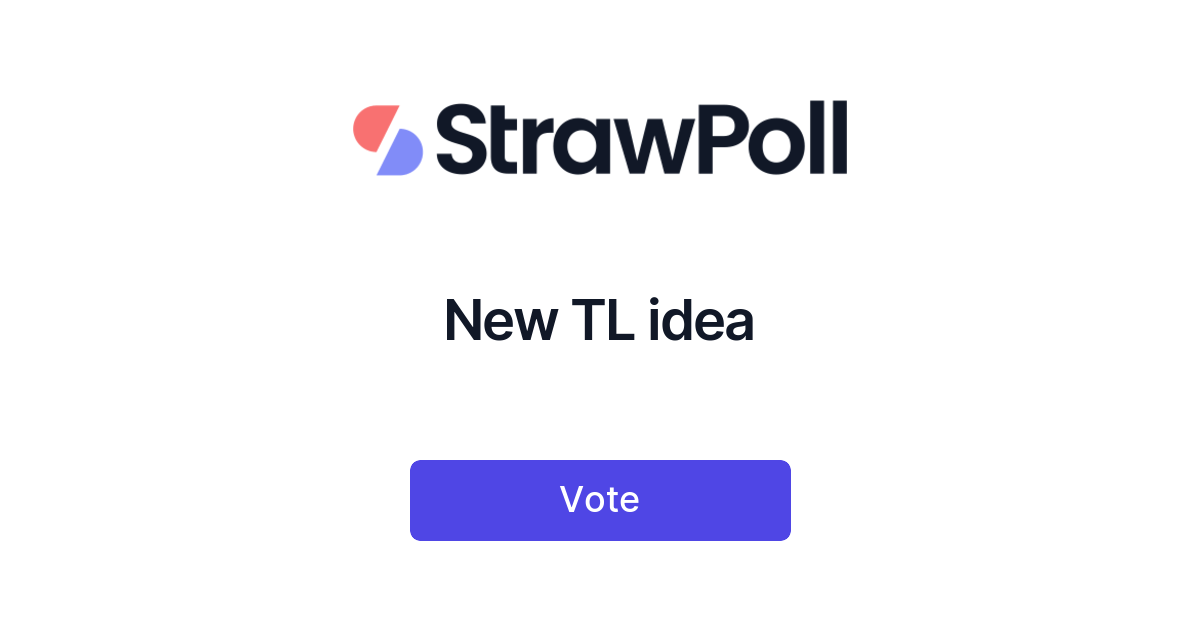November 1991 - December 1991
Chapter 18
On November 1, 1991, in an effort to speed up the construction boom provoked by the Universal Care Law, Mercadante would create a state-owned company - CABANA (Hut in English) (Companhia Brasileira de Construções Nacionais) - whose function would be to build the facilities required by the UCL, with a focus on smaller cities and regions that normal construction companies would find unattractive and not "profitable" enough. While many on the Right (Including Fernando Collor) protested the creation of yet another state-owned company, it was approved by Congress and CABANA would start functioning on the 1st of July of 1992.
Sticking to massive projects, one of the main ones, the Railway Development Plan, was finished by December of 1991. It was inaugurated to national celebrations, with many railways linking cities and regions in order to help in the transport of products (By 2005 this would be expanded to include people and passenger cars would be built). The main railways of the project (Though definitely not the only ones) were:
• Macapá - Cayenne: Linking Portuguese Guiana (Amapá) with the French one, this would be a railway used to transport Amapaense products into the Guyanan markets of Suriname, French Guyana and Guyana.
• Petrolina - Recife: Linking the extreme west of the state of Pernambuco with the capital of Recife. It allowed for the surrounding regions to export their products to foreign markets.
• Teresina - Bom Jesus do Norte: Linking the capital of Piauí with the capital of Bahia. From there, part of the produce was exported, but this railway also extended into Vitória, and finally ended in Bom Jesus do Norte, the border between Espírito Santo and Rio de Janeiro, the latter of which was the ultimate destination
• Porto Velho - Três Lagoas: Linking the capital of the Amazon state of Rondônia, it passed through Mato Grosso before reaching Três Lagoas, in the border between Mato Grosso do Sul and São Paulo

Map of the 4 "Innovative" railways. In total 15 were built, especially in the Center-West and some other regions
The Railway Development Plan was a success. It completely changed the settlement of Brazil, as cities received an influx of workers hired by the program. In some regions, the population doubled due to the project. The Center-West, Rondônia, Espírito Santo, Tocantins and some regions of Minas Gerais experienced massive population growth due to migrations caused by the project. The problem was: What would be of those workers now that it had ended?
On December 26, 1991, the USSR was dissolved, bringing an end to the Cold War. [1]
[1] Just as IOTL
On November 1, 1991, in an effort to speed up the construction boom provoked by the Universal Care Law, Mercadante would create a state-owned company - CABANA (Hut in English) (Companhia Brasileira de Construções Nacionais) - whose function would be to build the facilities required by the UCL, with a focus on smaller cities and regions that normal construction companies would find unattractive and not "profitable" enough. While many on the Right (Including Fernando Collor) protested the creation of yet another state-owned company, it was approved by Congress and CABANA would start functioning on the 1st of July of 1992.
Sticking to massive projects, one of the main ones, the Railway Development Plan, was finished by December of 1991. It was inaugurated to national celebrations, with many railways linking cities and regions in order to help in the transport of products (By 2005 this would be expanded to include people and passenger cars would be built). The main railways of the project (Though definitely not the only ones) were:
• Macapá - Cayenne: Linking Portuguese Guiana (Amapá) with the French one, this would be a railway used to transport Amapaense products into the Guyanan markets of Suriname, French Guyana and Guyana.
• Petrolina - Recife: Linking the extreme west of the state of Pernambuco with the capital of Recife. It allowed for the surrounding regions to export their products to foreign markets.
• Teresina - Bom Jesus do Norte: Linking the capital of Piauí with the capital of Bahia. From there, part of the produce was exported, but this railway also extended into Vitória, and finally ended in Bom Jesus do Norte, the border between Espírito Santo and Rio de Janeiro, the latter of which was the ultimate destination
• Porto Velho - Três Lagoas: Linking the capital of the Amazon state of Rondônia, it passed through Mato Grosso before reaching Três Lagoas, in the border between Mato Grosso do Sul and São Paulo

Map of the 4 "Innovative" railways. In total 15 were built, especially in the Center-West and some other regions
The Railway Development Plan was a success. It completely changed the settlement of Brazil, as cities received an influx of workers hired by the program. In some regions, the population doubled due to the project. The Center-West, Rondônia, Espírito Santo, Tocantins and some regions of Minas Gerais experienced massive population growth due to migrations caused by the project. The problem was: What would be of those workers now that it had ended?
On December 26, 1991, the USSR was dissolved, bringing an end to the Cold War. [1]
[1] Just as IOTL


